
Medical trust: being optimistic that the caregiver will put your interests first.

Medical trust: being optimistic that the caregiver will put your interests first.
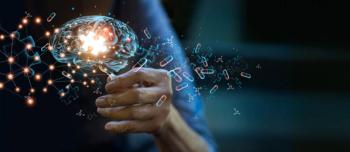
Axsome Therapeutics announced the robust antidepressant efficacy demonstrated in this latest study.

What is the clinical impact of climate psychiatry?

“Respecting someone’s pronouns is vital to respecting the person in front of us and their identity. Gender has a different meaning to everyone. There are many different pronouns, even beyond they/their/them.”

Happiness and wellness—what’s the difference and how are they being treated differently in the workplace?

“All of us have already experienced collective trauma... and we are being repeatedly traumatized each and every day."

Here’s why we should be paying special attention to women's depression treatment.

If Roe v Wade is overturned, how will patients with serious mental illness be affected?

Are you attending APA’s 2022 Annual Meeting in New Orleans? Don’t miss us!

How can we—psychiatrists and psychiatric nurse practitioners—work together to move the psychiatric field forward?

Trust but verify.

What do you do when there seems to be too much sorrow and hate in the world? One psychiatrist answers, "I hope..."

As the nation continues to grapple with the children’s mental health crisis, the American Psychiatric Association Council on Children, Adolescents, and Their Families is exploring the ways in which clinicians can best support their patients.

8 in 10 physicians believe the United States cannot improve health outcomes or reduce health care costs without addressing social factors that affect patient health.

“When faced with senseless violence in a distant, war-torn place, our actions help our colleagues on the medical front lines.”


Insanity: doing the same thing over and over again, and expecting different results.
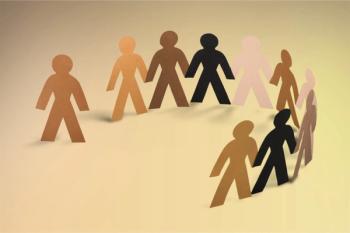
How important is it to understand a person’s ethnicity and cultural norms when developing a treatment plan?

We must educate and provide resources for medical students and institutions.

What is the role of seclusion in creating a culture of care within acute inpatient psychiatric units?
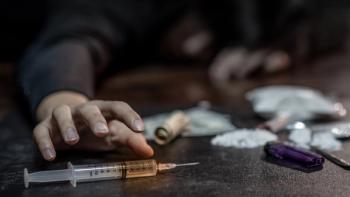
Recovery from addiction does not protect against normal life events...
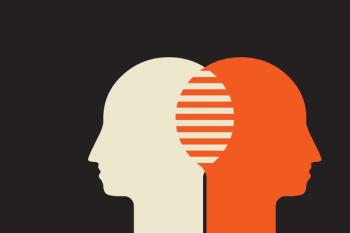
Despite their differences, all psychotherapies have these things in common—and are important to consider.

What are the neuropsychiatric effects of COVID-19, and how can we study them further?

A psychiatrist reflects on recent events.

Timelines can assist mental health experts in cases of false allegations of abuse.
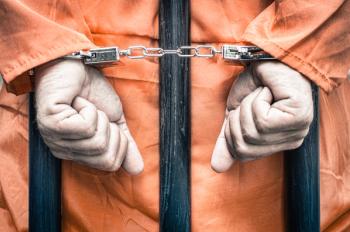
Positive feelings toward abusers: a survival and coping skill?
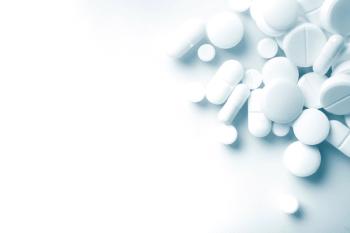
Up to 20% of patients with bipolar disorder have 4 or more medications, so it is important to be aware of these common drug-drug interactions.
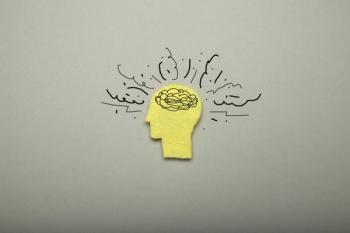
Investigators observed higher levels of depression in children and adolescents with ADHD during MPH treatment.

Presenting the first-prize winner of the 2022 Gerald F. Berlin Creative Writing Award.

In overdose, cyproheptadine may cause central nervous system depression and sedation, as well as anticholinergic syndrome.